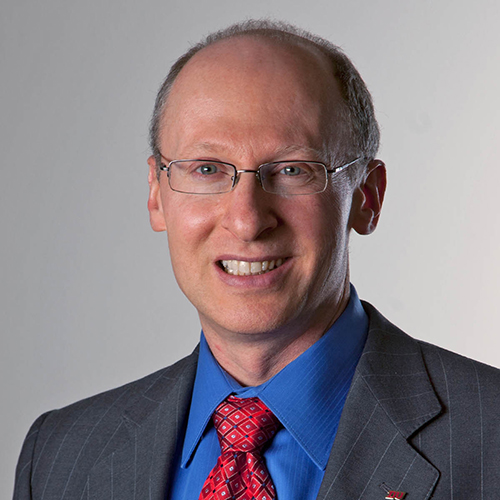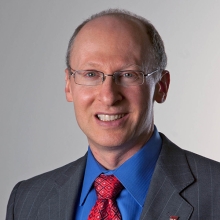Practice-Ready: The False Dichotomy Between Theory and Practice
Pundits are drawn to extremes. Perhaps that is simply the nature of things. But in the debate over the future of legal education, espousing extremes hinders the discussion.
At one extreme are the loudest critics of the current state of legal education. They claim that law schools are focused almost exclusively on teaching theory (or, perhaps only slightly less reprehensible, legal doctrine), and bemoan the lack of practical legal training. For example, David Segal’s recent NY Times article blasted law schools for failing to teach a hapless associate how and where to file a merger form.
At the other extreme are the defenders of the status quo. Many of Segal’s detractors painted a world where law schools trying to be more practical might be reduced to offering courses like “Where to File Forms 101,” and “Advanced Filing of Forms.” (See, e.g., Alfred S. Konefsky and Barry Sullivan, There’s More to Law than Practice-Ready; James Kwak, Thoughts on Law School. In fairness, these latter two pieces became much more nuanced after the initial bemoaning.)
But at its core, this discussion draws a false dichotomy between theory and practice. No serious thinker who values the more theoretical aspects of legal education believes that law schools should offer only courses on high theory. And no one who is serious about reforming legal education believes that law school should teach only the most mundane of courses, such as those on how and where to file forms.
The leaders in education reform understand that the goal is to create multi-faceted and balanced graduates – those who not only understand the law at a deep level, but also know how to use the law to solve their clients’ problems. Yes, it is probably important for a future litigator to understand how to take a deposition. But if we teach that skill, it is not instead of teaching the doctrine that will support the theory of the case (and the ability to research and understand that doctrine), or even the theory behind the doctrine, which would allow the graduate to understand the doctrine more deeply, apply it appropriately and argue it more persuasively.
That is what we mean at Educating Tomorrow’s Lawyers when we talk about trying to change legal education so that we produce more practice-ready lawyers. It is not just about adding more skills training. Rather, it is about integrating that training into learning experiences that permit our students to learn both theory and practice in context – and, where possible, experientially.
Moreover, the debate between theory and practice often overlooks a third critical component of a balanced legal education: professional identity – that is, what it means to be a lawyer and a professional.
Konefsky and Sullivan fall into this trap when they critique the concept of “practice-ready” on the grounds that, if we prepare our students to be practice-ready on the day they graduate, they might not be prepared to be practice-ready later in their careers. After all, they point out, law and the practice of law both continue to evolve. If our students learn only the procedures required to practice today, how will they adapt?
But life-long learning is hardly at odds with practice-readiness. Take, for example, the medical profession where residents learn to practice medicine as part of their training – based upon the current state of the art. Certainly that experience does not constrain them from evolving as the field evolves. Practice-readiness embraces effective problem solving, which means being able to collect information, learn and adapt. And perhaps more importantly, practice-readiness requires a sense of professional identity, which includes the value of professional development.
Quite simply, it is not a matter of teaching theory, doctrine, practical skills, or professional identity. Real innovative legal education teaches all of these. At Educating Tomorrow’s Lawyers, we are dedicated to facilitating this type of balanced, innovative teaching. Let’s leave the extremes to the pundits.


